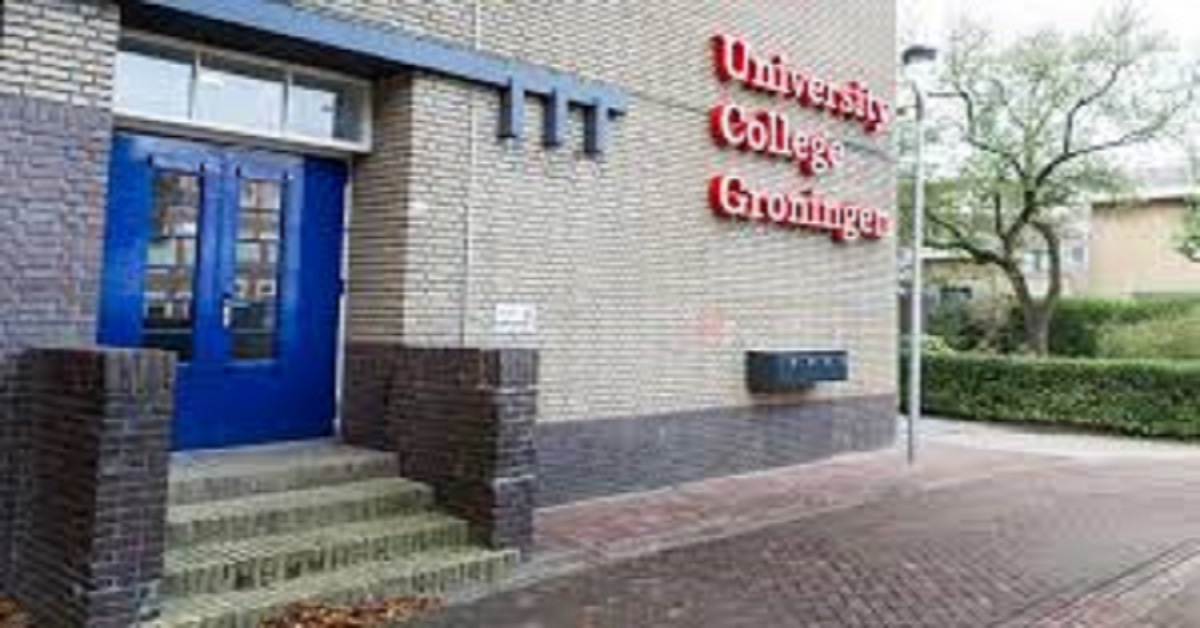fully funded, two-year postdoc position within the research project “Mortuary Archaeology of the Roman East – MARE”
Applications are invited for a fully funded, two-year postdoc position within the research project “Mortuary Archaeology of the Roman East – MARE”, financed by the Dutch Research Council (NWO) and led by dr. Lidewijde de Jong.
In collaboration with the other project members, you will work on your own project “Familiar Faces: on the ritual function of Palmyrene portraits”. Funerary portraiture was a popular trend in the Roman world, although unevenly distributed. These portraits were meant to adorn the graves, and could be closely associated with corpses. While the physical body disintegrated, the portrait preserved or altered a version of the deceased, thus reproducing views on the body, social persona, and passage after death. You will investigate how funerary portraiture built bridges between the realm of the living and of the dead, and the role of the portrait in funerary ritual. The dataset is the small collection of portraits from Roman Palmyra of which the original placement in the tomb can be reconstructed. All elements of these portraits will be digitized, including the associated epigraphic and material evidence. The portraits (mid 1st-3rd century CE) are examined in the context of earlier visual culture in Palmyrene tombs, as well as the end of the portrait habit.
An outline of the complete project is available at: https://www.rug.nl/(…)ology/research/mare/
The post-doc researcher will be asked to:
• complete two articles on the ritual function of Palmyrene funerary portraits
• reconstruct the archaeological context of the portraits in close collaboration with the principal investigator Dr. L. de Jong
• develop the visual/iconographic components of the project’s digital database, in collaboration with the CIT department and the project’s external advisors
• help other project members explore theoretical approaches to (ancient) art
• coordinate the organization of a workshop on current theoretical approaches to ancient art and visual culture.
Qualifications
• PhD degree in art history, visual studies, or archaeology
• demonstrated experience with Roman art and/or visual culture
• demonstrated experience with theoretical approaches related to art history
• excellent command of English and good reading knowledge of French
• excellent publication record for the stage of your career
• ability to work independently whilst also a team player
• interest in digital humanities and digital standards for iconography
• interest in public outreach initiatives
• experience with digital databases and/or Roman Palmyra is welcome, as is knowledge of Palmyrene and Greek epigraphy.
Organisation
The University of Groningen, founded in 1614, is an international research university in the north of The Netherlands. Our staff create and share knowledge through outstanding research and education. The Faculty of Arts – which includes the archaeology department – is located in the historic heart of the city of Groningen. Our research covers the following fields: Archaeology, Cultural Studies, History, International Relations, Journalism, Language and Literary Studies, and Linguistics.
You will be based at the Groningen Institute of Archaeology (GIA), a research institute of the Faculty of Arts at the University of Groningen, the Netherlands. GIA engages in fundamental archaeological research in Northwest Europe, the Mediterranean, Middle East, and the Polar Regions. The Institute facilitates research and fieldwork through its laboratories, drawing facilities, documentation, GIS applications, and technical support (see website). Its Mediterranean Archaeology research group consists of six academic staff and about 18 post-doctoral researchers and PhD students. The group has an international reputation in the area of mortuary archaeology.
Conditions of employment
In accordance with the Collective Labour Agreement for Dutch Universities, the University of Groningen offers you:
• a salary – depending on prior education and working experience – from a minimum of € 3,420 (salary scale 10, step 4) to a maximum of € 3,821 (salary scale 10, step 7 or salary scale 11, step 0) gross per month for an 1,0 FTE appointment
• a holiday allowance of 8% gross annual income
• an 8.3% end-of-the-year allowance
• a temporary appointment of 1.0 FTE for a specified period of 2 years. Favorable tax agreements may apply to non-Dutch applicants.
For more detailed information about working conditions and working for the University of Groningen, please check: https://www.rug.nl/about-us/work-with-us/
The appointment will commence August 2022 at the latest.
Application
Applications should be made in English and contain the following materials:
• short statement (c. 1000 words), explaining your motivation for applying
• sample of writing
• curriculum vitae, including a list of publications and (if applicable) awards and/or fellowships
• copy of PhD diploma, or an official statement by the PhD supervisor that you will hold the required degree at the time of appointment
• contact details of two academic referees (referees of shortlisted candidates will be asked to supply a letter of recommendation).
You can submit your application until 20 March 11.59pm / before 21 March 2022 by means of the application form (click on “Apply” below on the advertisement on the university website).
The interviews with selected candidates will be held in the week of April 11, 2022.
We are an equal opportunity employer and value diversity at our University. We are committed to building a diverse faculty so you are encouraged to apply. Our selection procedure follows the guidelines of the Recruitment code (NVP), https://www.nvp-hrnetwerk.nl/sollicitatiecode/ and European Commission’s European Code of Conduct for recruitment of researchers, https://euraxess.ec.europa.eu/jobs/charter/code
Unsolicited marketing is not appreciated.
Information
For information you can contact:
- Dr. Lidewijde de Jong, lidewijde.de.jong@rug.nl
Please do not use the e-mail address(es) above for applications.
